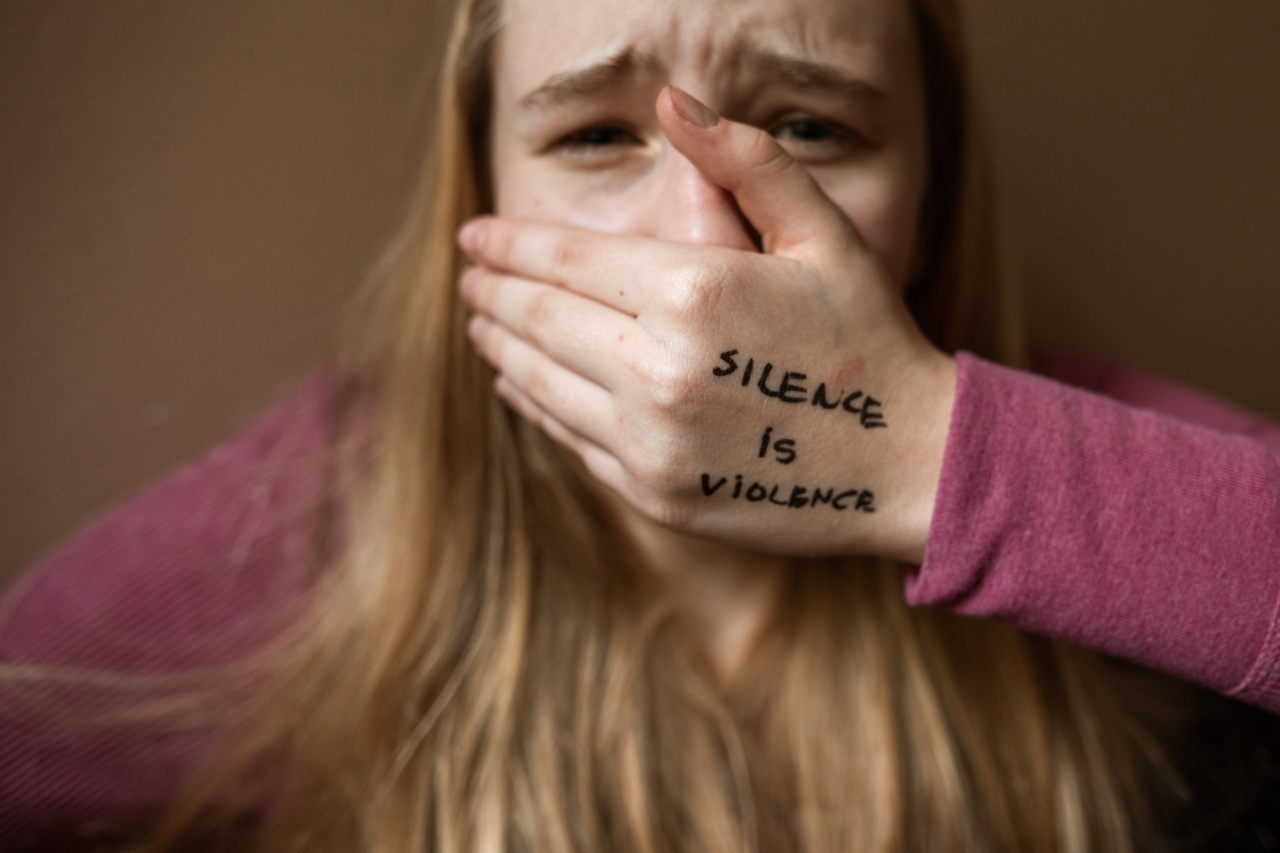Caffeine is known to be one of the most widely used psychoactive substances in the world, with consumption of coffee alone accounting for about 400 billion cups per year globally.
Although considered to be safe in moderate amounts, caffeine can have hazardous effects in excessive consumption, leading to caffeine toxicity.
What is Caffeine Toxicity?
Caffeine toxicity is a term used to describe the harmful effects of excessive consumption of caffeine. It occurs when the amount of caffeine consumed is greater than the body’s ability to metabolize it.
The Mayo Clinic recommends a moderate intake of caffeine, usually around 400 milligrams (mg) per day, which is equivalent to 4 cups of coffee.
Caffeine toxicity can occur after consuming caffeine pills, energy drinks, tea, and coffee, either alone or in combination.
The lethal dose of caffeine varies from person to person, depending on their body weight, age, health conditions, and tolerance to caffeine. However, in general, 10 grams of caffeine, or approximately 100 cups of coffee, can be lethal.
Signs and symptoms of Caffeine Toxicity
The symptoms of caffeine toxicity can vary depending on the amount of caffeine consumed, and the individual’s tolerance level to caffeine. The common symptoms of caffeine toxicity include:.
- Restlessness
- Anxiety
- Insomnia
- Tremors
- Dizziness
- Irritability
- Increased heart rate
- Increased blood pressure
- Headaches
- Nausea
- Abdominal pain
- Vomiting
- Diarrhea
In severe cases, caffeine toxicity can lead to seizures, psychosis, and even death. The lethal dose of caffeine can cause cardiac arrest, respiratory failure, and coma.
Causes of Caffeine Toxicity
The main cause of caffeine toxicity is excessive consumption of caffeine. However, there are other factors that can increase the risk of caffeine toxicity, such as:.
- Use of caffeine supplements
- Combining caffeine with alcohol or other drugs
- Consuming caffeine on an empty stomach
- Underlying health conditions, such as heart disease or anxiety disorders
Preventing Caffeine Toxicity
Preventing caffeine toxicity starts with understanding how much caffeine you are consuming. To prevent caffeine toxicity, consider the following:.
- Limit your caffeine intake to no more than 400 mg per day, which is equivalent to 4 cups of coffee, if you’re an adult
- Avoid caffeine supplements, such as caffeine pills or powders
- Avoid combining caffeine with alcohol or other drugs
- Consider caffeine-free alternatives such as herbal teas or decaf coffee
- Avoid consuming caffeine on an empty stomach
- Consult with your healthcare provider before consuming caffeine if you have any underlying health conditions
Treatment for Caffeine Toxicity
If you suspect caffeine toxicity, seek medical attention immediately. Treatment for caffeine toxicity usually involves supportive care, such as:.
- IV fluids to rehydrate the body
- Medications to treat the symptoms, such as anti-anxiety drugs or anti-seizure drugs
- Monitoring the heart rate, blood pressure, and other vital signs
The Bottom Line
Caffeine toxicity is a serious health issue that can cause harmful effects to the body. Make sure to consume caffeine in moderation and be aware of the symptoms of caffeine toxicity.
If you suspect that you or someone you know has caffeine toxicity, seek medical attention immediately.































